Meowing is a way of communication in cats. From a kitten to an adult cat, the reasons for meowing vary. Kitten meow to their mother for food or when they are cold or scared, while an adult cat uses other ways of communication with cats, such as growling, hissing, or yowling. Adult cats meow to communicate with humans. But if your cat is meowing excessively, it is a sign of a problem. Your cat wants to tell you something, she is in pain or just meowing to get your attention. A cat's constant meowing is irritating; therefore, you must know why the cat is meowing and stop her from meowing. Here is a detailed guide about How to Stop a Cat From Constantly Meowing.
Other Topics You Might Like
Helpful Products You Might Like
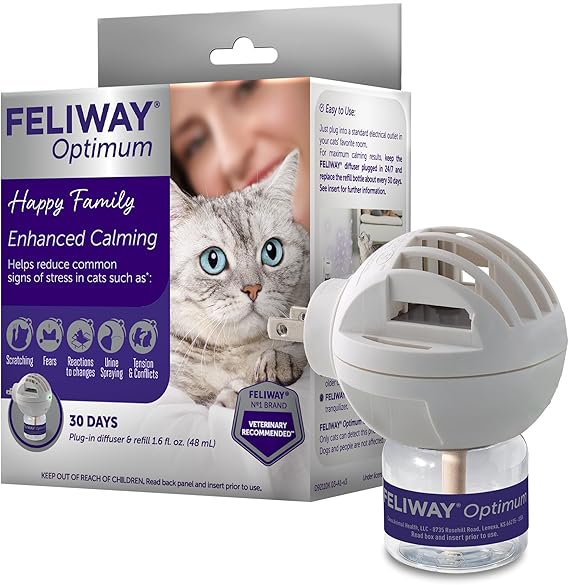
FELIWAY Optimum Enhanced Calming Diffuser For Cat
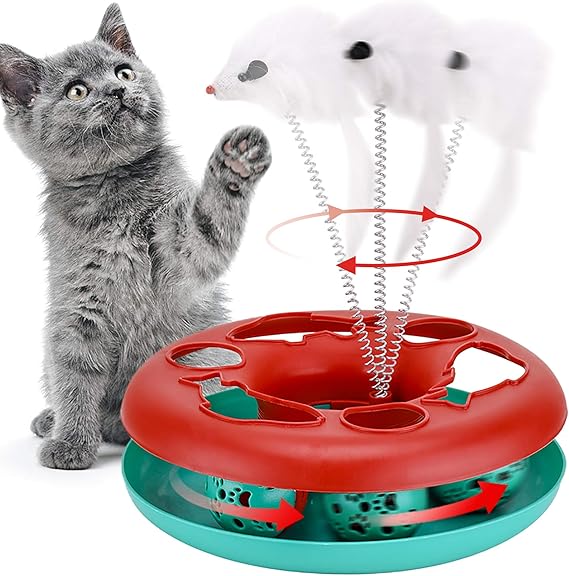
Interactive Cat Toys Mice Roller
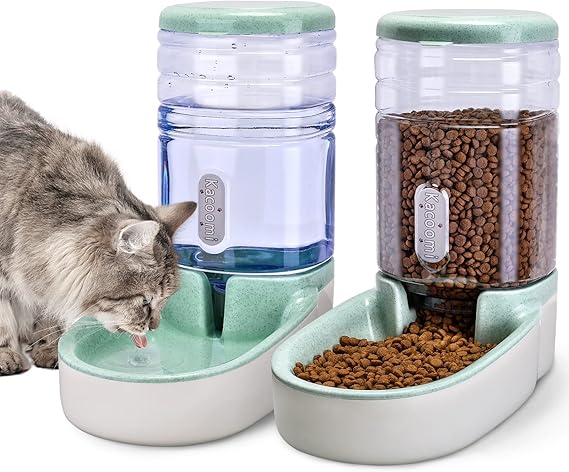
Automatic Cat Food Feeder and Water Dispenser
"(Paid Links)" 
Helping Your Cat Be Less Vocal
If your cat is excessively vocalizing, it's important to first identify the cause before attempting to address the behavior. Observe the situations in which your cat meows and note what seems to quiet her down. Keeping a log book can help identify any patterns in her vocalization. Once you have identified the triggers for her excessive meowing, you can try the following suggestions to help her manage her vocalizations:
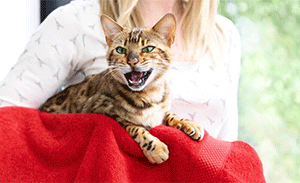
Ignore the cat vocalization and only respond when she is quiet
When your cat is meowing for attention, it's important to teach her that you'll only respond to her when she's quiet. Rather than shouting at her or giving her any kind of attention, wait for a moment of silence. Once she's quiet, give her the attention she's seeking. If she starts meowing again, walk away and only return when she's quiet. Consistency is key to helping her understand this behavior.
Establish a meal routine
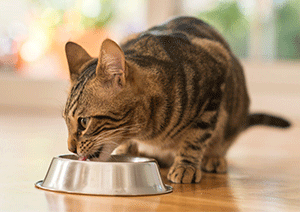
If your feline vocalizes to request food, discontinue providing it when she vocalizes. Offer meals at set times so she understands that requesting food at other times is ineffective. If this method is ineffective, invest in an automatic feeder with a programmable schedule. This way, she is more likely to vocalize at the feeder rather than at you. This is particularly beneficial if your cat wakes you up in the morning for food—she will shift from bothering you to sitting and observing the feeder, waiting for it to open. If you have recently placed your cat on a diet, seek advice from your vet regarding high-fiber diet options or supplements to help your cat feel satisfied with her reduced intake.
Install a cat door if you have an outdoor cat
If your cat is meowing to be let inside or outside, you may want to consider installing a cat door to give her the freedom to come and go as she pleases. However, it's important to note that the ASPCA recommends keeping cats exclusively indoors to protect them from potential dangers and diseases. If you have a cat that's used to going outside and you'd like to transition her to an indoor lifestyle, she may go through a period of meowing at doors and windows. While there's no quick fix for this, with time and consistency, she will likely adjust to being indoors and reduce her meowing. Another alternative is to create an outdoor cat enclosure to provide her with a safe outdoor space.
spay your female cat
If your female cat isn't spayed and meows excessively, she may be in heat. Cats in heat become more affectionate, meow a lot, and the cycle lasts 4 to 10 days. An unspayed female cat will come into heat every 18 to 24 days if not bred. The best solution is to have your cat spayed.
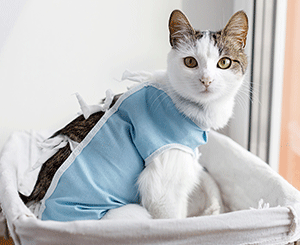
Neuter your male cat
Suppose your male cat isn't neutered and he periodically meows excessively.
Take Your Cat to the Veterinarian
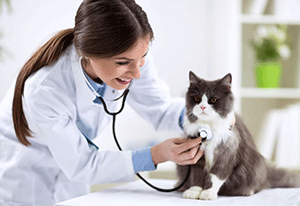
It's important to have a cat who meows a lot checked thoroughly by a veterinarian to rule out any underlying medical conditions. There are numerous diseases that can cause cats to feel hungry, thirsty, restless, or irritable, all of which may lead to excessive meowing. If your cat has a history of meowing for food, it's still a good idea to have her checked by your veterinarian. Older cats are susceptible to developing an overactive thyroid and kidney disease, both of which can result in increased meowing.
